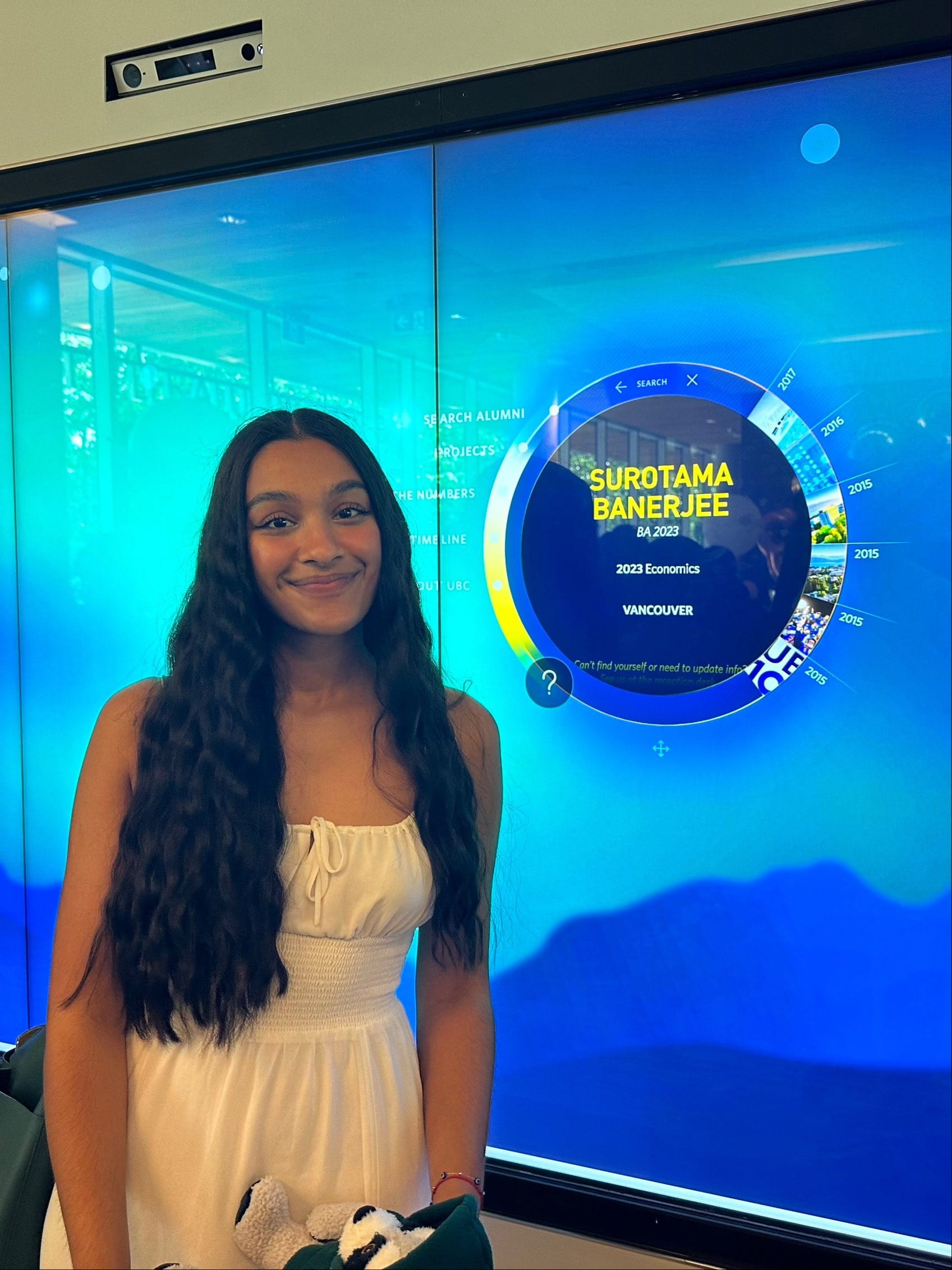The Importance of Cultural Intelligence In International Education
With students of Regents International School Pattaya being the next generation of global citizens, our Assistant Head of Primary Sara Berenguer explains why our school encourages cultural intelligence.
With students of Regents International School Pattaya being the next generation of global citizens, our Assistant Head of Primary Sara Berenguer explains why our school encourages cultural intelligence.
The world is shrinking. Not literally of course – but as the world gets smaller, there is talk of a global village in which people from different cultures work together for common goals. Yet in many places in the world, people that are thrown together are struggling to adapt and understand one another. As teachers and parents, how can we forge a generation able to cross cultural divides and find solutions to potentially messy problems?
Years ago, much was made of the importance of I.Q. – the intelligence quota needed to analyse facts and evaluate information. Then came the idea of E.Q. – or Emotional Intelligence; the ability to understand both our own behaviour and that of others.
In an international setting, many would argue that there is another even more important ‘intelligence’ which is needed to create the successful world leaders of the future; - Cultural Intelligence (C.Q.). People with high C.Q. are said to be able to thrive in multiple cultures and it is believed to be something which we can continuously improve and develop over the duration of our lives.
The difficulty lies in acquiring it.
I personally have many tales of misunderstandings and mishaps due to my having lived and worked in cultures different from my own. In fact, my own husband – being French – has said ‘My wife doesn’t understand me,’ on more than one occasion. In addition, I am absolutely certain that I have inadvertently made many mistakes since my arrival in Thailand three years ago. The world and its people are so diverse that we cannot possibly know and understand all the cultural similarities and differences that exist!
However, what I’ve learned about working and living with people that aren’t like me is the following: that it’s best to put things down to experience; to develop and keep the habit of apologising; to continue having an interest in other human beings and not to judge people using my own culture as a benchmark.
How thrilling it is to be a teacher at Regents, preparing children to be the world changers of the future; – not shying away from ‘difference’ but gravitating towards it; - not fearing it but embracing it as creative, exciting, inspiring and enriching. With Regents children as the next generation of global citizens, the world will surely fulfil its promise of becoming a place of mutual understanding and respect. As the French say, ‘Vive la difference’!




.jpg?h=867&iar=0&w=1300&rev=27e83af01d4e46adaad5fc7010138c70&hash=F14498ED8A09FF0C05275EB67FBC86CE)
